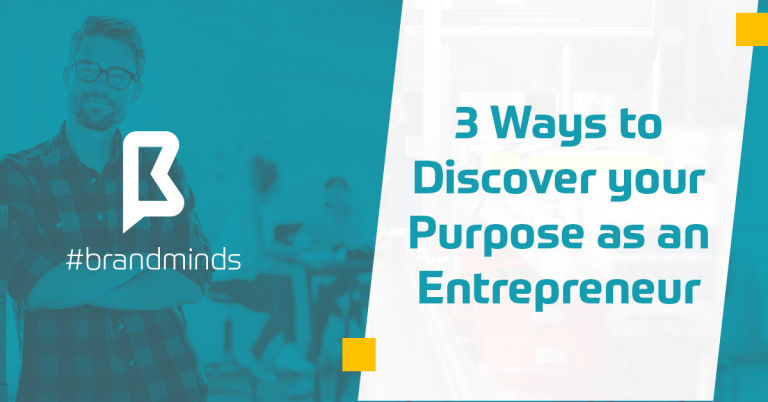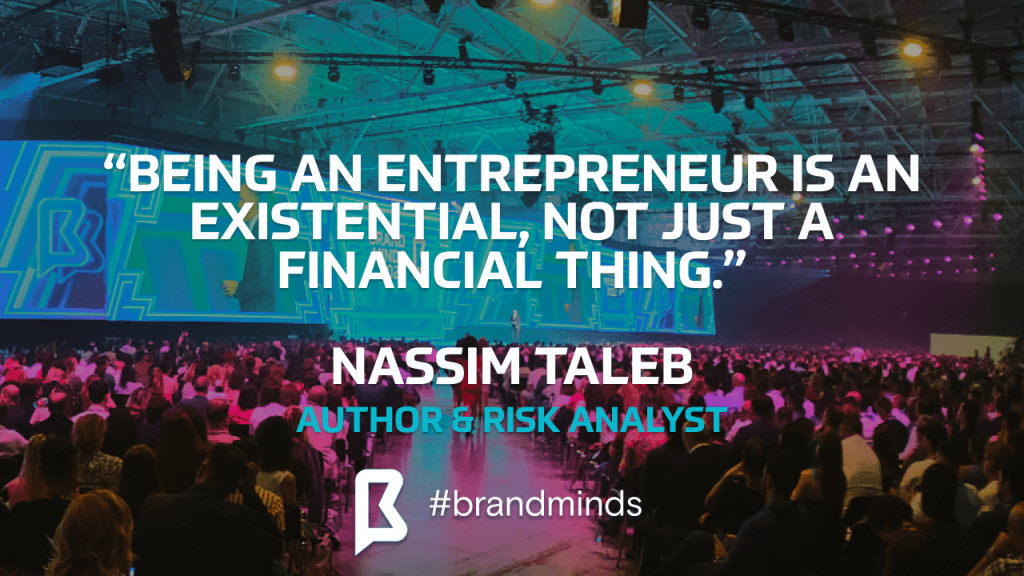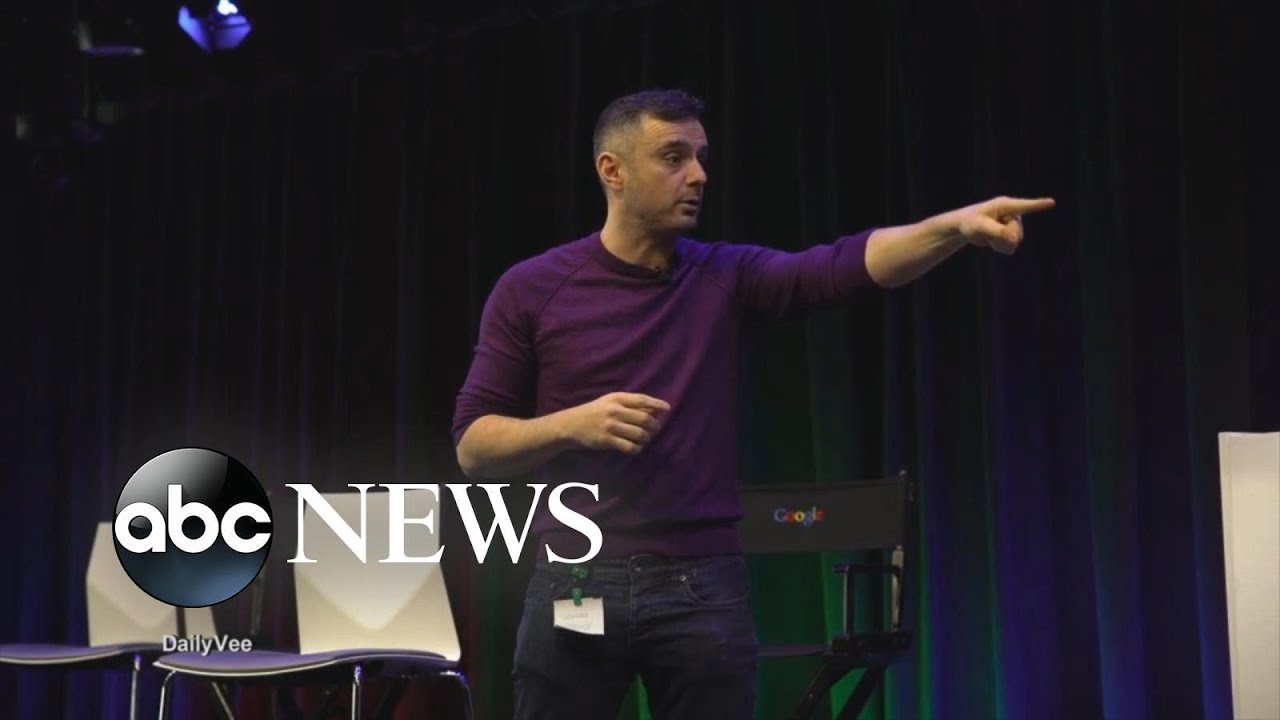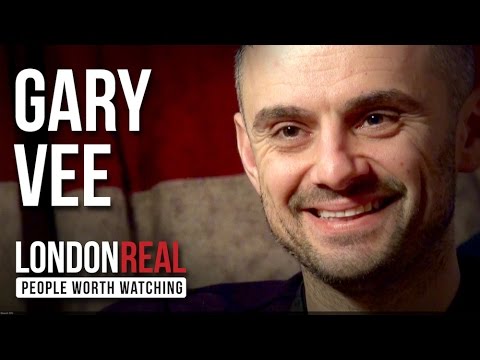What Entrepreneurship is NOT
If you want to become an entrepreneur, you have a lot of digital tools at your disposal to make your ideas happen and blossom. The Internet is readily available to search for information and data. Social media platforms make it easier to contact and start a relationship with a mentor, supplier or investor. Because of Facebook, some say the old six degrees of separation has shrunk to four.
Entrepreneurship has become a word on everyone’s lips and is often portrayed as a fairy tale.
We want to set the record straight and paint a more down-to-earth picture.
WHAT ENTREPRENEURSHIP IS NOT
1. Entrepreneurship is not buying and selling
Buying and selling is not entrepreneurship, it is trade.
Buying products from suppliers and selling them to customers for profit doesn’t make you an entrepreneur, it makes you a merchant. Although trade is part of entrepreneurship, it is just one small part.
Entrepreneurship involves a lot of soft skills: grit, looking around corners, a strong ability to lead and inspire, self-awareness, creativity, team management, reframing, negotiating skills, risk-taking, and empathy.
Nassim Taleb is speaking at BRAND MINDS 2023. GET YOUR TICKETS TODAY!
2. Entrepreneurship is not a job or a career
In one of his blog articles, Seth Godin dwells on entrepreneurship not being a job you can apply to. At the end of the month, you are not receiving a salary paid by your employer. You don’t work a 9-to-5 schedule. You are not entitled to 20 days of vacation a year.
Entrepreneurship is a chance to trade a solution to someone who has a problem that needs solving. Solve more problems, solve bigger problems, solve problems more widely and you’re an entrepreneur. It’s tempting to industrialize this work, to make it something with rules and bosses and processes. But that’s not the heart of it. The work is to solve problems in a way that you’re proud of.
Seth Godin
3. Entrepreneurship is not sipping cocktails on a beach
You may see glamorous pictures on your Instagram feed of entrepreneurs sipping cocktails on exotic beaches, but don’t be fooled – it’s probably just a break of thirty minutes to an hour.
Even if they travel to luxurious places, the entrepreneur works most of the time. Although it may seem this way, the entrepreneurial life is far from comfortable or glamorous.
It’s physically and mentally demanding.
It challenges your personal and family life.
You are constantly pushing yourself to learn and develop new skills and abilities.
Every work day, you find yourself performing a balancing act.
It’s stressful when you are going against a deadline.
It’s the pressure when you have to outperform your competitors.
4. Entrepreneurship is not about the money
If you begin your entrepreneurship journey with money as a purpose, you are not an entrepreneur and are completely wrong.
Mark Krieger and Kevin Systrom created Instagram because they believed people can tell stories through photographs.
Jan Koum started WhatsApp after he got annoyed that he was missing calls when he went to the gym.
Spotify is still not making a profit but it’s a successful app because it changed how people listened to music.
These entrepreneurs did not set out to make money. They found a solution to a problem.
If you want to make money you should work towards becoming a lawyer or other high-paid professional.
Because as an entrepreneur, money is not a guaranteed outcome.
From my very first day as an entrepreneur, I’ve felt the only mission worth pursuing in business is to make people’s lives better.
Richard Branson
If you are an entrepreneur or looking to become one, BRAND MINDS 2023 is for you!
Join the event and learn how to succeed as an entrepreneur from James Clear, Nassim Taleb, Renee Mauborgne, Neil Patel, Lynda Gratton, Blair Singer, Anne-Marie Imafidon and Duncan Wardle.

10 Habits of Highly Effective Entrepreneurs (part 2 of 2)
You can read part 1 of our article here.

6. Reading
Bill Gates said in an interview in The New York Times he reads 50 books a year (check Bill’s reading list on his personal blog).
Elon Musk said he was raised by books, reading 10 hours a day when he was a kid (read about his favourite books).
Mark Cuban credits his early success to reading and learning everything he could:
“A guy with little computer background could compete with far more experienced guys, just because I put in the time to learn all I could.” (cnbc.com)
Warren Buffett says he reads five or six hours a day and once gave advice to students to read 500 pages a day:
“That’s how knowledge works. It builds up, like compound interest. All of you can do it, but I guarantee not many of you will do it.” (cnbc.com)
We read a lot in school because the curricula compel us, but do you keep reading books as grown-ups?
Reading is the old-fashioned way to expand your knowledge. As an entrepreneur, you need to keep growing, developing leadership skills, finding inspiration and overall, keep yourself updated with the latest trends and information. Here, at Brand Minds, we hold reading in the highest regard. If you follow our social media accounts, you know we recommend one book a week.
Here are 3 of our latest #bookoftheweek recommendations:
- The Startup Way by Eric Ries
- When – The Scientific Secrets of Perfect Timing by Daniel H. Pink
- Dare to Lead by Brene Brown
7. Efficient time and attention management
Time management or attention management?
Do you feel your attention is being hijacked during your day by various sources: your social media feed, emails, advertising etc.?
What you give your attention to is what determines your experiences.
Attentionmanagement.com
Productivity experts have found that besides time management, entrepreneurs need to develop a new skill: attention management. Attention management means acquiring the ability to control distractions, single-task for higher-quality results, and engage in sustained (focused) attention when necessary, which should be a part of almost every day.
Time is not only an important resource on an individual level. When we are talking about your team working on a project, wasting time means losing money.
Here are 3 tools you can use to track time and control your project’s profitability:
Stop losing money with these 3 project management tools.
8. Taking risks
Taking risks is one of the top 3 skills great leaders acquire and master according to Rosalinde Torres, leadership expert.
Mrs Torres says great leaders are courageous enough to abandon the past and the path well travelled. But successful entrepreneurs don’t take reckless decisions concerning their business, they take calculated risks to achieve their goals.
What are the risks worth taking?
Find out in our article 3 top skills of great leaders.
9. Keep going through failures and setbacks
What does it take to keep going through failures and setbacks?
Grit.
Grit is the one personal quality shared by the most prominent leaders. It is perseverance and passion for long-term goals. Grit entails working with great effort and determination toward challenges. Another feature of grit is the ability to maintain effort and interest over years despite failure, adversity and plateaus in progress.
Find out more about grit in our article:
This is the no 1 trait that predicts entrepreneurial success.
10. Doing what you love
To be effective and successful first and foremost you need to love what you do.
You need to be passionate and fully committed. You need to be prepared to give 110% to your project, idea or full-fledged business company. Most entrepreneurs feel all alone in their endeavours and often they will find few supportive voices around them. That’s why entrepreneurs become great leaders when they share their passion and actively look for other people with the same passion for their craft or skill. Remember: one cannot do everything, you need a team!
Sometimes your project comes to an end for various reasons. Mike Krieger and Kevin Systrom, the founders of Instagram are leaving their Facebook-acquired company because they were no longer doing what they loved (read the story).
We’re planning on leaving Instagram to explore our curiosity and creativity again. Building new things requires that we step back, understand what inspires us and match that with what the world needs; that’s what we plan to do.
Kevin Systrom
The beauty of doing what you love is that no one can take away your passion or ability to translate that passion into reality.
So even when your project has come to an end, you can always begin again.
3 Ways to Discover your Purpose as an Entrepreneur
If you are looking to become an entrepreneur but don’t know which way to go, this article is for you.
Is this it?! Sitting on the couch and watching TV for the rest of my life?!
Or going out for beers with friends every evening?
What is wrong with me?
I don’t want to spend my life like that!

If these thoughts are often crossing your mind, rest assured – there’s nothing wrong with you. What is happening is you are experiencing the most important moment in your life: you realise you’re worth more than wasting your time and your life away. This is the moment that will change your life forever.

1. Discover yourself to discover your purpose
Many of us have a 9 to 5 job that pays the bills and use our time off to indulge in our hobby or develop our interests.
If your job is a perfect match to your interests – congratulations! The latest statistics say that more than 70% of workers don’t feel satisfied with their career choices.
If you don’t count yourself among the happy employees, you may look for different ways to feel fulfilled. Entrepreneurship is one choice you should take into consideration.
But how do you go about? Where do you start?
Your first step down the entrepreneurship lane is to discover yourself.
Answer the following questions:
What drives you?
What are your skills, talents or abilities?
What your passions?
What are you interested in?
Many say they don’t know what they want to do with their life; they don’t know how to live a purposeful life. I believe that’s a lie or more accurately put – they are afraid of acknowledging it to themselves.
The reason? They most probably bury their ideas on what they would like to do under layers of denial or maybe years of someone telling them they would never be a lawyer or an actor. Arnold Schwarzenegger was told he would never achieve his dream of being an actor because of his strong Austrian accent. They know what they like. They just don’t allow themselves to believe it.
Open yourself to new experiences. Broaden your horizon. Take yourself out of your comfort zone. Learn something new.
It’s often a journey
Some know these answers very early in life while others discover them at the end of various personal or professional journeys.
Alibaba was born out of Jack Ma’s dream and frustration: his unfulfilled dream of using the internet to facilitate business activities for Chinese SMEs and his frustration with the bureaucrats he worked with in Chinapage, his previous project.

2. Define your purpose
Take your time and figure out what your goal is.
Is it related to children? Or perhaps people travelling by airplane? Women aged 25 to 45? Is it education, entertainment, skills development? Focus on one aspect of people’s’ lives, write your goal down and picture the end result.
What is your end goal?
Where do you want to get to?
How does your end goal look like?
How is your goal changing the world?
How is your end goal changing people’s life?
What is your vision?
Richard Branson’s vision was happier passengers so he started the Virgin Atlantic where passengers are treated with courtesy, care and respect. His purpose was to offer passengers an amazing experience.

3. Turn your purpose into reality using your skills
Your strengths are your unique selling point. Your skills and abilities will differentiate you from other entrepreneurs. There may be others with the same purpose but you will fulfil it in a different way – your own.
How do you reach your goal?
How do you make that picture perfect vision come to life?
This is the moment your abilities or strengths come into play.
How can you use your talents and abilities to make your purpose a reality?
Both Kevin Systrom and Jan Koum had programming skills. The former saw mobile photos as an awesome opportunity for people to share their lives so Instagram was born while the latter got annoyed that he was missing calls when he went to the gym so he started WhatsApp.
10 Things You Might Not Know About Gary Vaynerchuk
We are thrilled to announce that Gary Vaynerchuk is coming to BRAND MINDS 2020!
BRAND MINDS is The Central and European Business Summit taking place in Bucharest, Romania.
Here are 10 things you might not know about Gary Vaynerchuk
American serial entrepreneur, four-time New York Times bestselling author, speaker and internationally recognized internet personality. First known as a leading wine critic who grew his family’s wine business from $3 million to $60 million, Vaynerchuk is now best known as a digital marketing and social-media pioneer at the helm of New York-based VaynerMedia and VaynerX. Angel investor or advisor for the likes of Uber, Birchbox, Snapchat, Facebook, Twitter and Tumblr, he is a regular keynote speaker at global entrepreneurship and technology conferences.
1.No matter the amount of success and money he has at this point he is still working 13-15 hours a day.

2. He is into every aspect of his life 100 %, ready to give 51 % of the value to the other person.
3. He tries to figure out what you are going to do, before you do it
4. He’s passionate with the New York Jets. His dream as a child was to become the owner of the New York Jets and it still is.
5. He’s an HR Driven CEO. He is very interested in his employees’ ideas and opinions and their feedback on everyday work. He uses empathy and tries to understand “why”.
6. He believes it’s in his DNA to be an entrepreneur. It’s the life he breaths and loves to, every day.
7. He doesn’t care about others’ opinion on him, as he knows very well who he is. “I put zero weight into anyone’s opinion about me because I know exactly who I am. Can you say the same?”, quotes medium.com
8. He believes that a person’s friends and family can influence their success. “Maybe if you got rid of one friend or spent a lot less time with one friend who’s a real drag and a negative force and added a positive person in your office … If you switched it from 80 days hanging out with your negative friend and one day with your office acquaintance who’s super positive, to four days with your negative friend and 12 with this new person. I’ve physically watched I mentor in my organizations have a totally different life on that thesis……I think that people are keeping very negative people around them and if they aspire to change their situation, it’s imperative to audit the seven to 10 people who are around you,” Vaynerchuk told Business Insider.
9. He is a Judge and Adviser at the Apple’s show ” Planet of the Apps“, alongside Jessica Alba, Gwyneth Paltrow, Will I.AM. More on the program you can read here.
10. In #AskGaryVee he cuts straight to the heart of the question and what it says about the person asking the question — their motivations, their fundamental assumptions and what their real question should actually be.
Are you a #worldchanger?
Come to BRAND MINDS 2020: Gary Vaynerchuk, Malcolm Gladwell, Martin Lindstrom, Michio Kaku, Tara Westover and host Richard Quest







